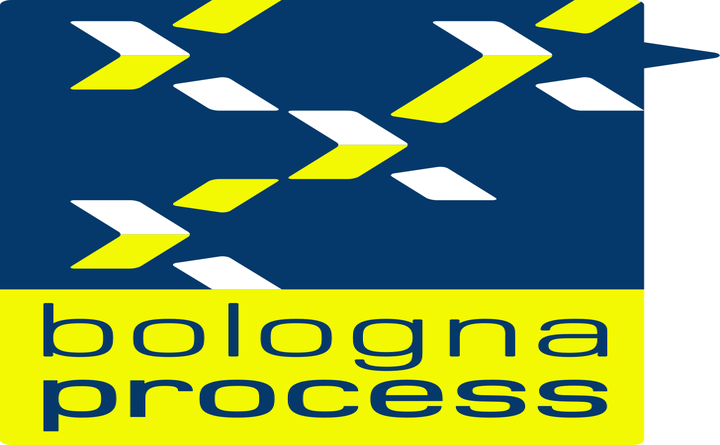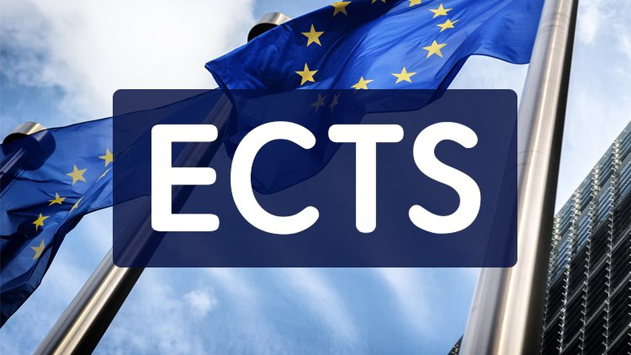Bologna Process
A key principle in this process is that decisions on the value of a particular award, program of study or part thereof are the responsibility of the receiving institution or organization. In order to ensure the highest possible standards of credit transfer, the Northwest International University has adopted the guidelines of the European Bologna process system based on ECTS credits. The Bologna Process is a series of ministerial meetings and agreements between European countries designed to ensure comparability in the standards and quality of higher education qualifications. Through the Bologna Accords, the process has created the European Higher Education Area (EHEA), in particular under the Lisbon Recognition Convention.


What Is European Credit Transfer and Accumulation System?
The European Credit Transfer and Accumulation System (ECTS) is a standard aimed at comparing the study attainments and performances of higher education students across the European Union and other collaborating European countries. For each successfully completed study programme, ECTS credits are awarded. One academic year corresponds to 60 ECTS-credits, that are equivalent to 1,500–1,800 hours of study in all countries, respective of standard or qualification type, and is used to facilitate transfer and progression throughout the Union.
*EQF: The European Qualifications Framework (EQF) was designed by the European Commission as part of the Bologna Process for lifelong education and learning, EQF is a European common qualification framework that allows European countries to compare their respective qualification levels.
ECTS Vs American Credits System
European Credit Transfer and accumulation System. One semester represents 30 ECTS. An academic year represents 60 ECTS credits.
It is generally accepted that in order to convert from ECTS to U.S. credits, one should divide the ECTS total by 2.
